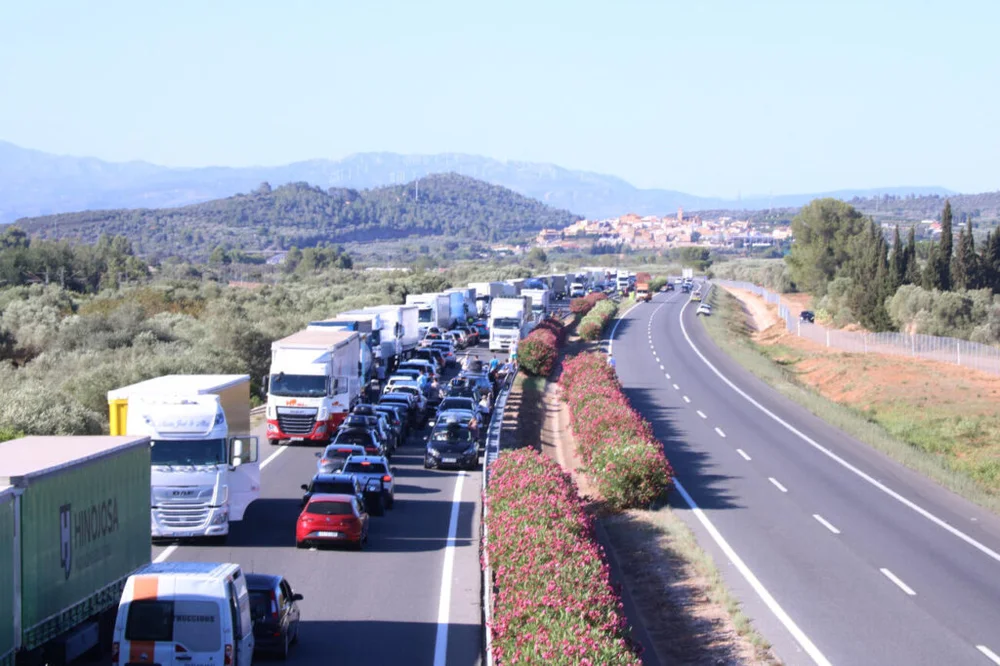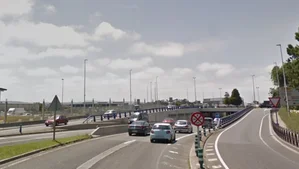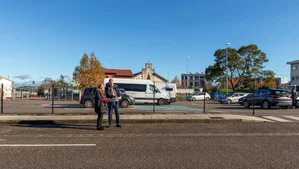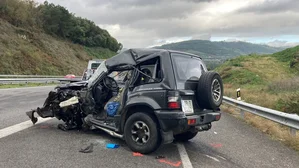Growing Concerns Over Safety on the AP-7 Highway in Spain

In recent months, the AP-7 highway in Spain has been at the center of a mounting crisis, with a significant increase in accidents and traffic congestion prompting widespread concern among drivers, authorities, and local communities.
Rising Accident Numbers
As of early 2025, the AP-7 has witnessed a alarming surge in accidents. In just over two months, 99 accidents involving victims have been recorded, including three fatal incidents. This trend is part of a larger pattern; in 2024, the highway saw a record 700 accidents, the highest figure in the last decade. The majority of these accidents were minor, but they still resulted in substantial traffic jams, with drivers losing approximately 3,700 hours to congestion in 2019 alone[1].
Impact of Toll Removal
The removal of tolls on the AP-7 in 2021 has been identified as a key factor contributing to the increased traffic and accidents. Since the tolls were lifted, there has been a 40% increase in mobility, including a significant rise in the number of heavy vehicles using the highway. This increased traffic has put a strain on the infrastructure, leading to more frequent accidents and longer traffic jams. According to Òscar Llatje, the road safety and mobility coordinator of the Catalan Traffic Service, "The increase in traffic is a fact, there is not room for everyone"[1].
Specific Incidents and Consequences
Recent incidents have highlighted the severity of the situation. On a single day in early March, two truck accidents near Vilafranca caused extensive queues, while a truck driver was fatally injured near Reus after an accident involving another truck. The Carnival weekend was particularly tragic, with nine road deaths across Spain, two of which occurred on the AP-7, claiming the lives of two young girls aged 21 and 16[1].
Infrastructure and Response Challenges
The AP-7's connectivity to other major roads is another issue exacerbating the problem. Llatje noted that the highway's poor connections make it difficult to divert traffic to alternative routes during incidents, unlike in cities like Madrid where roads are better interconnected. The removal of damaged vehicles and reopening of the road have become critical challenges, especially when dealing with heavy vehicles. Specialized cranes, which are scarce in Catalonia, are often required, leading to delays in clearing the road[1].
Local and Government Responses
In response to these issues, local authorities and the government are exploring various solutions. The Transport Ministry has seen positive results from temporarily lifting tolls on certain sections of the AP-7, such as the Alicante ring road, which has improved traffic flow and safety. The ministry is now working towards permanently removing tolls on this section, aiming to reduce congestion on other nearby roads like the A-70 motorway[3].
In other areas, such as Orihuela, there is growing frustration over the continued presence of tolls on the AP-7, despite the success seen in other regions. Local councillors are urging the Ministry of Transport to remove these tolls, especially during peak tourist seasons, to alleviate traffic congestion on alternative roads like the N-332[2].
Conclusion
The AP-7 highway has become a symbol of the complex challenges facing Spain's road infrastructure. As the country grapples with the consequences of increased traffic and accidents, it is clear that a multifaceted approach is needed. This includes improving road connectivity, managing traffic more efficiently, and potentially reevaluating the toll system to ensure safer and more efficient travel for all users. For expats and locals alike, the safety and efficiency of Spain's roads remain a pressing concern that demands immediate attention and action.
Related Stories

Calls for Compliance on Disuasive Parking in Santander
Santander residents urge city council to implement promised disuasive parking to cut vehicle use and boost public transport.

New Parking Facility in the Heart of Santander: A Boost for Local Residents and Visitors
Santander launches a new 52-space parking facility in Calle Aurelio Díez Renedo, aiming to ease parking woes and boost local economy and tourism.

Spain's Public Transport Success: The Power of Affordable Fares
Spain's public transport sees a surge in usage thanks to affordable fares, setting a global example for boosting ridership and sustainability.

Requejada to Install Electric Vehicle Charging Point
Requejada announces a new electric vehicle charging point, marking a significant step towards sustainable transportation in Cantabria, Spain.

Tragic Road Accidents in Spain: Understanding the Risks and Causes
Exploring the dangers on Spain's roads: A study reveals the most hazardous motorways and the common causes behind accidents, urging expats and locals to stay vigilant.